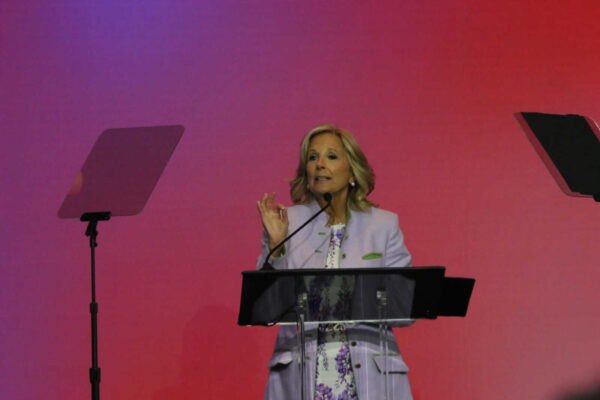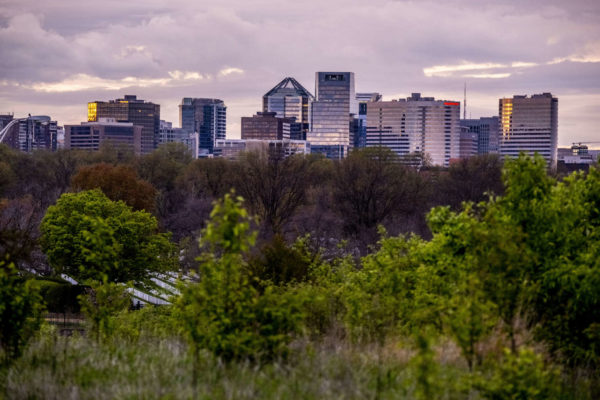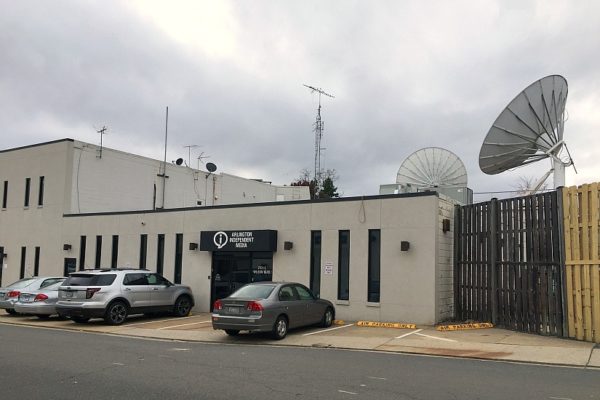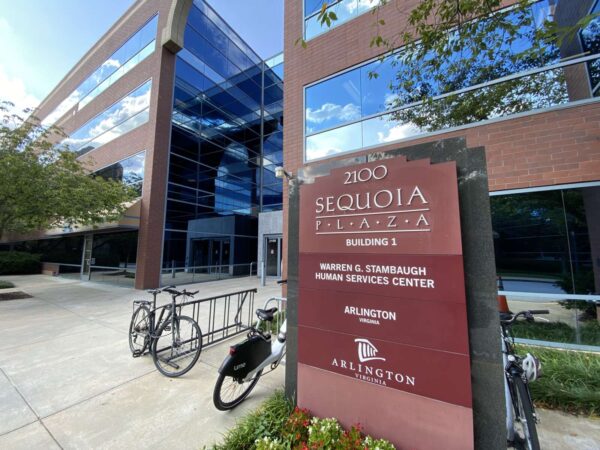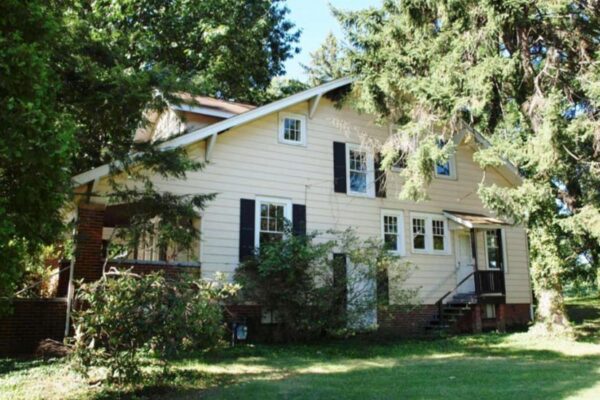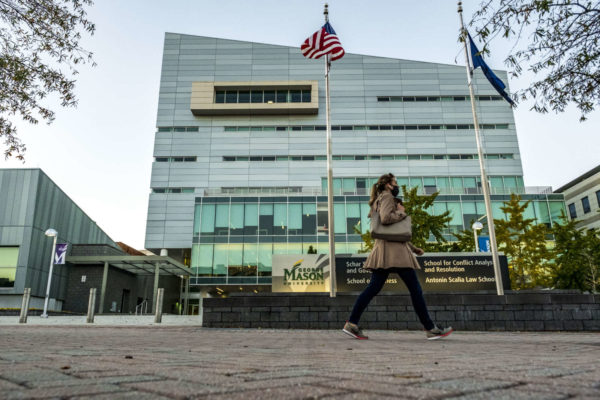Arlington has awarded $2.4 million to nonprofits in a new equity-based grant program.
The county announced yesterday (Wednesday) that a total of 22 nonprofits received funding through the RACE to Rebuilding Trust and Community grant, designed to “support historically marginalized communities, ensuring equitable access to resources, transparency and accountability.” The Arlington County Board approved the grants in a unanimous vote.



